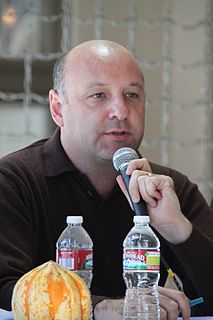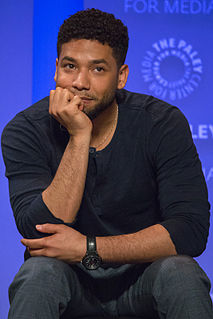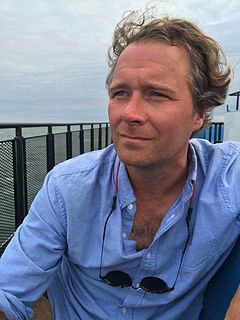A Quote by Gil Penchina
You're under tremendous pressure, and everyone needs you to be perfect all the time, and that often creates a perverse incentive to not tell the truth. Please remember - when you get caught not telling the truth, it's over.
Related Quotes
Sometimes I don't tell the truth, which is telling the truth about not telling the truth. I think people don't tell the truth when they're afraid that something bad's going to happen if they tell the truth. I say things all the time that I could really get into trouble for, but they kind of blow over.
Start telling the truth now and never stop. Begin by telling the truth to yourself about yourself. Then tell the truth to yourself about someone else. Then tell the truth about yourself to another. Then tell the truth about another to that other. Finally, tell the truth to everyone about everything. These are the Five Levels Of Truth Telling. This is the five-fold path to freedom.
In representing criminal defendants - especially guilty ones - it is often necessary to take the offensive against the government: to put the government on trial for its misconduct. In law, as in sports, the best defense is often a good offense. The courtroom oath - to tell the truth, the whole truth and nothing but the truth - is applicable only to witnesses... because the American justice system is built on a foundation of not telling the whole entire truth.
The issue is that when you're a critic it's hard to tell the difference between the thrill of denouncing and telling the truth. Telling the truth to me feels more often like denouncing than like praising. There are many more concrete advantages in the world for people who praise than for those who denounce. So if you want to tell the truth, oftentimes you're going to err on the side of denouncing. That's just something I have to work on.
One is astonished in the study of history at the recurrence of the idea that evil must be forgotten, distorted, skimmed over. We must not remember that Daniel Webster got drunk but only that he was a splendid constitutional lawyer. We must forget that George Washington was a slave owner . . . and simply remember the things we regard as creditable and inspiring. The difficulty, of course, with this philosophy is that history loses its value as an incentive and example; it paints perfect man and noble nations, but it does not tell the truth.
In this culture the soul and the heart too often go homeless. Listening creates a holy silence. When you listen generously to people, they can hear the truth in themselves, often for the first time. And in the silence of listening, you can know yourself in everyone. Eventually you may be able to hear, in everyone and beyond everyone, the unseen singing softly to itself and to you.


































